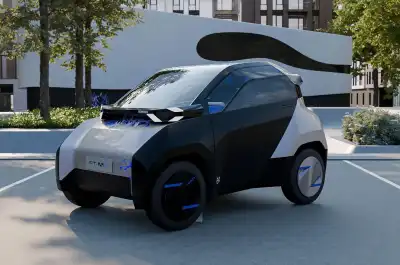
How to check car tax online? Use our free tool. It's simple, quick, and free.
Check how much your road tax is increasing by with Regit's free car tax check.
This isn't an April Fool’s prank – starting 1 April, car tax is going up, and you’ll want to know how it affects you if you’re buying a car after that date.
From 1 April, thousands of UK drivers will face a big increase in vehicle excise duty (VED), with tax bills for some set to double. For example, some people could see their tax bill go from £2,745 to a massive £5,490.
Luxury and performance cars that emit over 255g/km of CO2, like the Audi RS7 or Land Rover Defender 110 5.0 P425 V8, will take the biggest hit. So, when picking your next ride, keep an eye on emissions – it could save you big on your first-year road tax.
The standard road tax rate (paid after your first payment) will rise with inflation, but if you’re buying a car with emissions over 75g/km after April, expect to pay a hefty first-year road tax bill.
First-year road tax rates will double for higher CO2 emissions, with the government set to rake in £400m next year and £1.7bn by the end of the decade.
Thinking of going electric after April? You’ll be impacted too. While EVs are currently exempt from car tax, anyone buying a new electric, zero, or low-emission car from April will face a first-year charge of £10. Then, from the second year onwards, it’s the standard rate of £195. Plus, if your EV costs £40,000 or more, you’ll be slapped with an extra fee, the expensive car supplement (ECS), between years two and six. This new tax on EVs might make some rethink going electric.
The good news is, the government’s aware that the ECS unfairly hits zero-emission cars, so they’re thinking about raising the ECS threshold in the future to help make EVs more affordable.
For vehicles built between 2001 and 2017, tax is based on emissions. Diesel cars will face an average increase of £1,114, while petrol cars will go up by £503. Hybrid cars will see an increase of £135 to £327, depending on the model.
Chancellor Rachel Reeves introduced these VED changes in last year’s Autumn Budget, aiming to push more people to choose zero-emission cars by making petrol and diesel cars more expensive.
Don't forget how to check car tax online. Use Regit's free online checker today.
We also answer questions like, how to check if my cars taxed?
How to check my car tax price?




